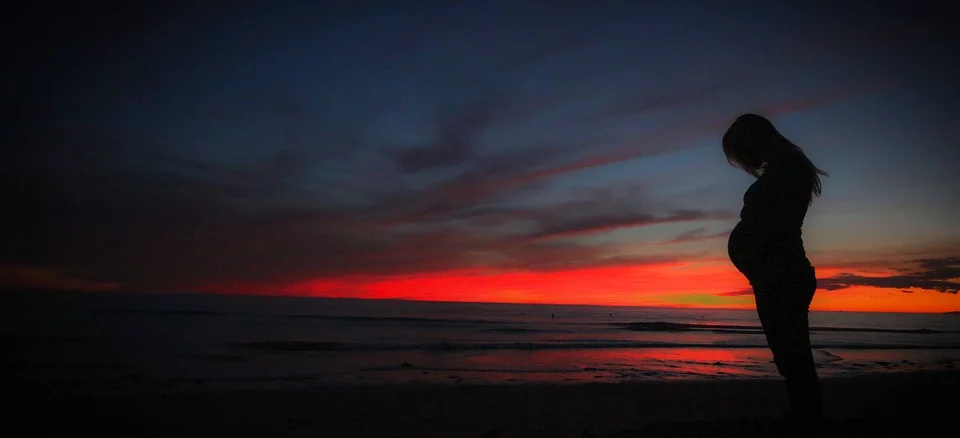I was a questioning child. I loved to learn, and I remember long, deep, theological conversations with my dad who taught me the “right” things to believe. Our denomination was a “holiness” denomination, and I soon learned that the Baptist belief in “once saved always saved” made them licentious; Presbyterians’ application of “sloppy agape” made them drunkards; Catholics’ “worship of Mary” made them idolaters, etc. I learned at a young age that although we would never claim it outright, most likely “holiness people” would be the only ones in heaven.
Sadly, my circle of insiders contracted even tighter in my young adult years, until I was pretty sure that our little church in Oklahoma City was the “remnant” that Scripture mentions. We were the only ones who truly understood God and God’s requirements of us as human beings—both doctrine and behavior.
Sometime back, I wrote a blog post about leaving this kind of Christianity. I no longer practice a faith that is determined by a list of the correct beliefs. However, I live in a culture where the contracting kind of Christianity dominates the landscape.
There was a time when Catholicism became so wealthy and so powerful that it was characterized by heresy trials, excommunications, exiles and even executions. The circle of belief and behavior was drawn so tightly that one either conformed to be “in” or faced the sentence of being “out.” And these determinations were made by a handful of powerful, religious people who the masses trusted to know which beliefs warranted judgment.
Until a few rebel-rousers shook things up by stepping outside the system come what may. They spoke truth to power. They broke down walls of exclusion. They lived a different Way. And the landscape changed, not only as Protestantism formed, but within the Catholic church as well. Christianity became more free, more inclusive—more loving.
Perhaps this is simply the way things work. The natural cycle. More spiritually astute people than I have noticed that everything has a time, everything has a season. There is both birth and death. Death makes way for new life.
I like the metaphor of birth. I birthed five children, and honestly, I can tell you that laboring to birth a baby can feel like death. Contractions hurt. They close in. They squeeze. They even feel like they’re pulling back, rather than pushing out.
I look around at the Church today, and I feel sad. I feel hurt, and sometimes I even feel afraid. Heresy trials and exiles abound. There is a movement of contraction, of pulling back, of drawing the circle tight, and of casting out. Executions don’t seem too implausible.
But then I remember: contractions bring a baby. Birth. Newness of life—and with it joy unspeakable. Love is open. Love is wide. Love is expansive. It welcomes. It includes. Maybe this is where we are headed as humans. Maybe we can get there. On the other side of this pain, maybe we’ll find a freer space where Love reigns supreme.

